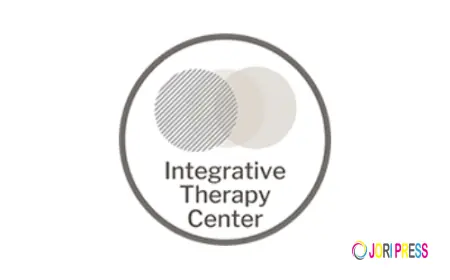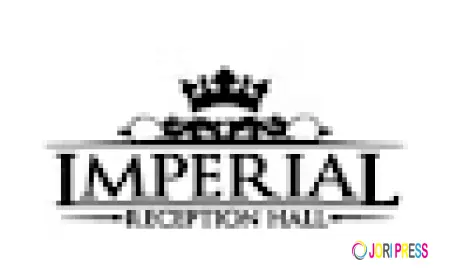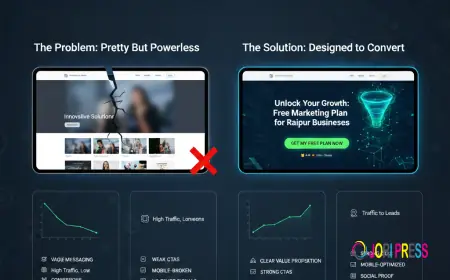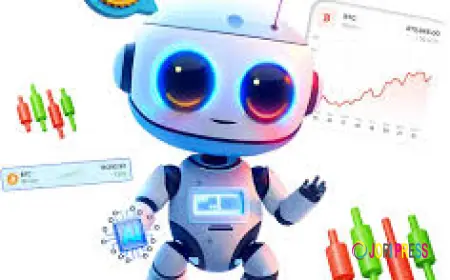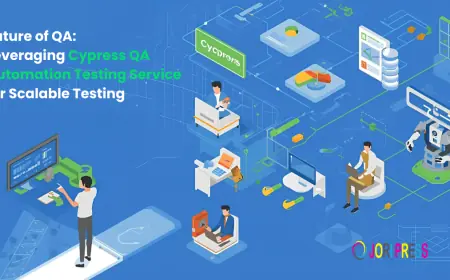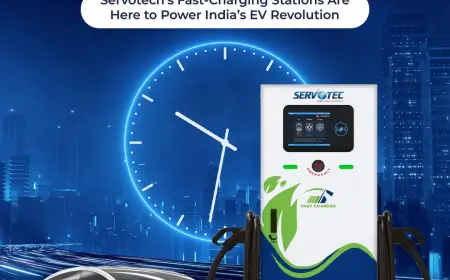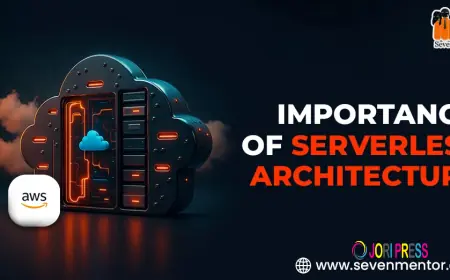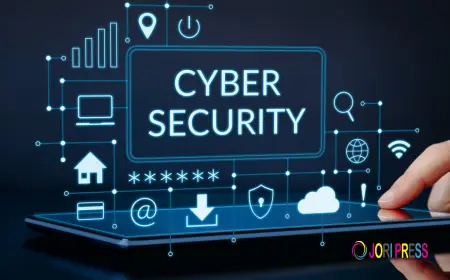RWA Tokenization: Transforming the Ownership Economy
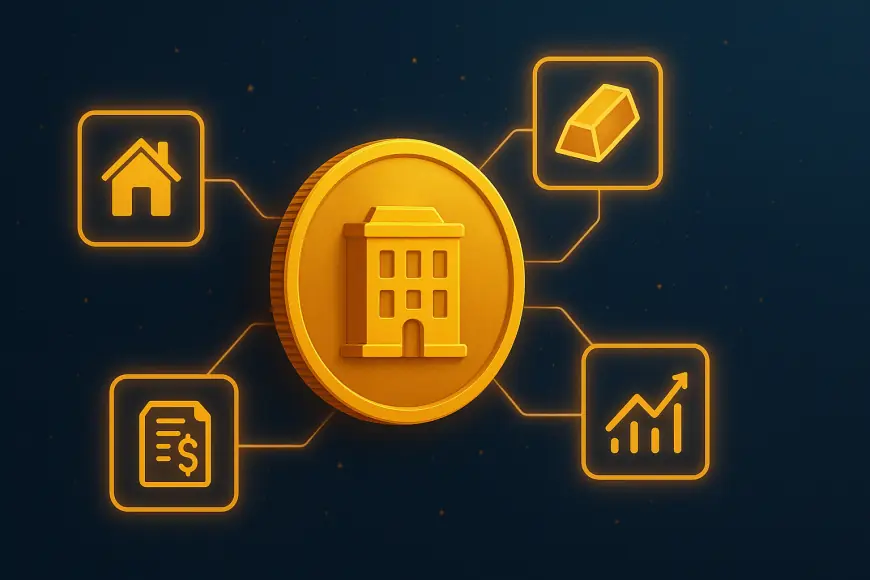
The world of finance is entering a new era where traditional assets and blockchain technology converge to create opportunities that were once unimaginable. Real-world asset (RWA) tokenization has emerged as one of the most powerful innovations within this shift. By converting tangible assets like real estate, commodities, fine art, and private equity into digital tokens, businesses and investors are beginning to experience a more inclusive, transparent, and liquid economy. At its core, RWA tokenization is not just a technological upgrade—it is transforming the very nature of ownership.
Understanding RWA Tokenization
To fully grasp the impact of RWA tokenization, it is essential to understand what it entails. Tokenization refers to the process of creating a digital representation of a physical or financial asset on a blockchain. Each token represents a portion of the asset, allowing fractional ownership. For example, instead of buying an entire piece of property worth millions of dollars, an investor could purchase a fraction of it in the form of digital tokens.
This process is made possible through blockchain’s secure and immutable ledger, which guarantees transparency, efficient settlement, and tamper-proof records of ownership. The ability to tokenize nearly any asset opens the door to a vast array of applications, reshaping how assets are owned, transferred, and managed.
The Evolution of the Ownership Economy
Historically, ownership of valuable assets has been restricted to wealthy individuals, institutions, or corporations. Whether it was high-value real estate, rare art collections, or commodities like gold, access was limited by high entry barriers. Even when ownership was possible, liquidity remained a challenge. Selling such assets often required lengthy negotiations, intermediaries, and paperwork.
RWA tokenization changes this paradigm. By making assets divisible and transferable on blockchain networks, ownership is no longer exclusive to a small group of high-net-worth individuals. Instead, everyday investors can participate in markets previously inaccessible to them. This democratization of ownership is at the heart of the new ownership economy.
Unlocking Liquidity Through Fractionalization
One of the most significant benefits of RWA tokenization is the creation of liquidity in traditionally illiquid markets. Assets like real estate and fine art often take months or years to sell. With tokenization, these assets can be divided into smaller, tradable units. This fractionalization allows investors to buy and sell portions of assets easily, much like trading stocks on an exchange.
For businesses, this increased liquidity means they can unlock the value of assets tied up in long-term holdings. Property developers, for example, can raise funds more efficiently by tokenizing their projects and offering fractions of ownership to a larger pool of investors. Similarly, art galleries can tokenize masterpieces, allowing art enthusiasts worldwide to co-own and trade high-value artworks.
Expanding Access to Global Markets
RWA tokenization also eliminates geographical barriers to investment. Traditionally, investing in foreign real estate, commodities, or private equity required navigating complex regulations and intermediaries. With tokenized assets, investors can seamlessly participate in global markets through digital platforms, creating a truly borderless financial ecosystem.
This accessibility benefits both issuers and investors. Businesses gain exposure to a global investor base, increasing the chances of raising capital. Investors, on the other hand, can diversify their portfolios across asset classes and regions that were once out of reach. The result is a more interconnected and inclusive ownership economy.
Enhancing Transparency and Trust
Transparency has always been a concern in traditional asset ownership, especially in sectors like real estate and commodities where records can be fragmented and prone to manipulation. Blockchain technology, the foundation of tokenization, addresses this challenge by providing an immutable ledger of transactions.
Each token is backed by verifiable data that proves its connection to the underlying asset. Smart contracts ensure that ownership rights, transfers, and even dividend distributions are automated and tamper-proof. This transparency fosters greater trust among participants and reduces the reliance on costly intermediaries such as brokers, custodians, and notaries.
Real-World Applications of RWA Tokenization
The transformation of the ownership economy is evident across several industries that are adopting tokenization at scale.
In real estate, tokenized platforms are enabling fractional ownership of commercial and residential properties. Investors no longer need to commit large amounts of capital; instead, they can diversify across multiple properties with smaller investments.
In the art world, tokenization is making high-value paintings and collectibles more accessible. This not only creates new investment opportunities but also enables artists to reach a wider audience of patrons and investors.
In commodities, gold and other precious metals are being tokenized to facilitate easy trading and settlement. Tokenized commodities combine the security of physical assets with the convenience of blockchain, making them attractive to both retail and institutional investors.
Private equity and venture capital markets are also exploring tokenization. By representing equity shares as digital tokens, startups and private firms can broaden their investor base and improve liquidity for early backers.
Institutional Adoption and Market Growth
While early adoption of RWA tokenization has been driven by blockchain-native companies, institutional players are beginning to recognize its potential. Banks, asset managers, and financial service providers are exploring tokenization as a way to modernize infrastructure, streamline settlement processes, and open up new revenue streams.
The market for tokenized assets is projected to grow exponentially in the coming years. Analysts suggest that trillions of dollars in real-world assets could be tokenized by the end of the decade. This rapid expansion indicates that tokenization will not remain a niche concept but will become a cornerstone of modern finance.
Challenges in Implementation
Though promising, the widespread adoption of RWA tokenization is not without hurdles. Regulatory clarity is still evolving, with different jurisdictions adopting varied approaches to tokenized assets. Questions around custody, taxation, and compliance remain critical issues that need resolution.
Additionally, the success of tokenization depends on reliable infrastructure for asset verification, custody, and investor protection. Without robust frameworks, tokenization risks becoming vulnerable to fraud or mismanagement. However, as regulatory bodies and industry leaders collaborate, these challenges are gradually being addressed, paving the way for secure and sustainable growth.
The Future of the Ownership Economy
As RWA tokenization continues to mature, the ownership economy will become more inclusive, efficient, and interconnected. Investors will enjoy unprecedented access to diverse assets, businesses will unlock new channels of capital, and institutions will modernize their operations through blockchain-powered solutions.
This transformation will not only redefine wealth creation but also reshape how society perceives ownership itself. Owning a fraction of a skyscraper in New York, a painting by a renowned artist, or a share of farmland in another continent will become as seamless as buying stocks online.
Conclusion
RWA tokenization represents a profound shift in the global financial landscape. By combining blockchain’s transparency with the intrinsic value of real-world assets, tokenization is transforming ownership from an exclusive privilege into an accessible opportunity. It enhances liquidity, expands global access, fosters trust, and paves the way for an inclusive ownership economy.
The journey toward a tokenized world is still unfolding, but one thing is certain: the future of ownership will no longer be bound by traditional barriers. With RWA tokenization, the ownership economy is entering an era defined by accessibility, efficiency, and innovation.
What's Your Reaction?
 Like
0
Like
0
 Dislike
0
Dislike
0
 Love
0
Love
0
 Funny
0
Funny
0
 Angry
0
Angry
0
 Sad
0
Sad
0
 Wow
0
Wow
0








